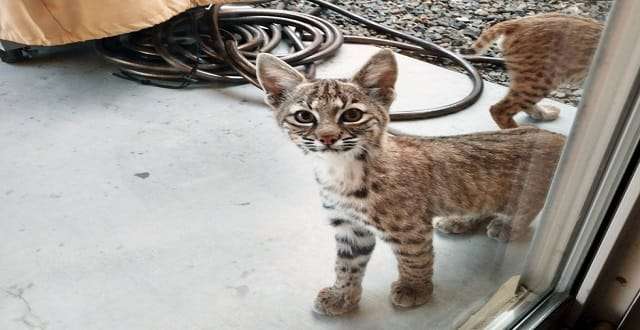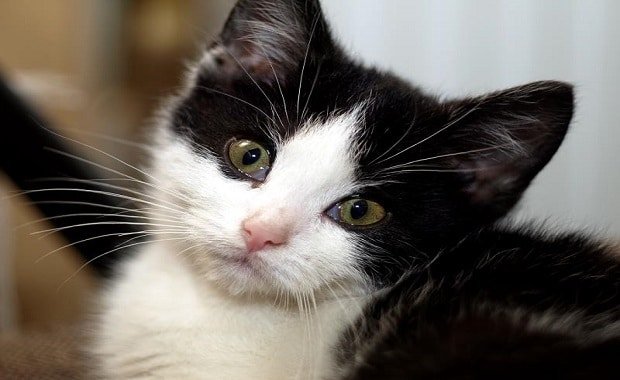Quitting smoking in the New Year isn’t just good for your health, it could extend the lives of your pets as well.
New research shows that passive smoking can cause cancer and weight gain for our dogs and our cats.
Clare Knottenbelt, Professor of Small Animal Medicine and Oncology at Glasgow University’s Small Animal Hospital, has been studying the effects of smoking and the health effects it has on family pets.
She says that dogs and cats that live in a smoking environment have a higher risk of health problems including some cancers, cell damage and even weight gain.
Professor Knottenbelt also found that the effects on cats were much worse than on dogs.
She said: “We have already shown that dogs can take in significant amounts of smoke when living in a smoking household.”
“May be due to the extensive self-grooming that cats do, as this would increase the amount of smoke taken in to the body.”
When researchers examined the testicles of male dogs after they were neutered they found a gene, which acts as a marker of cell damage, was higher in dogs living in smoking homes than those who live in non-smoking homes.
The gene has been shown to be altered in some dog cancers in other studies, so the concern is this very well could be a worrying indicator.
The effect on this gene was reduced significantly when owners chose to smoke outside the home to reduce their pet’s exposure.
She added: “Our findings show that exposure to smoke in the home is having a direct impact on pets.”
“It risks ongoing cell damage, increasing weight gain after castration and has previously been shown to increase the risk of certain cancers.”
“As an incidental finding, we also observed that dogs living with a smoker owner gained more weight after neutering than those in a non-smoking household.”
Vet Victoria Smith, who is investigating the links between passive smoking and lymphoma, a cancer of the blood cells in cats, said: “Our work so far has shown that cats take in significant amounts of smoke and even having outdoor access makes very little difference.
“Owners who consistently smoked away from the cat did not protect their cat from exposure but did reduce the amount of smoke that was taken into the body.”
Professor Knottenbelt states: “We are all aware of the risks to our health of smoking and it is important we do everything we can to encourage people to stop smoking.”
“As well as the risk to the smoker, there is the danger of second-hand smoke to others. Pet owners often do not think about the impact that smoking could have on their pets.
“You can smoke outdoors or cut down but stopping smoking completely is the best option for your pet’s future health and wellbeing.”
Read more: www.plymouthherald.co.uk









